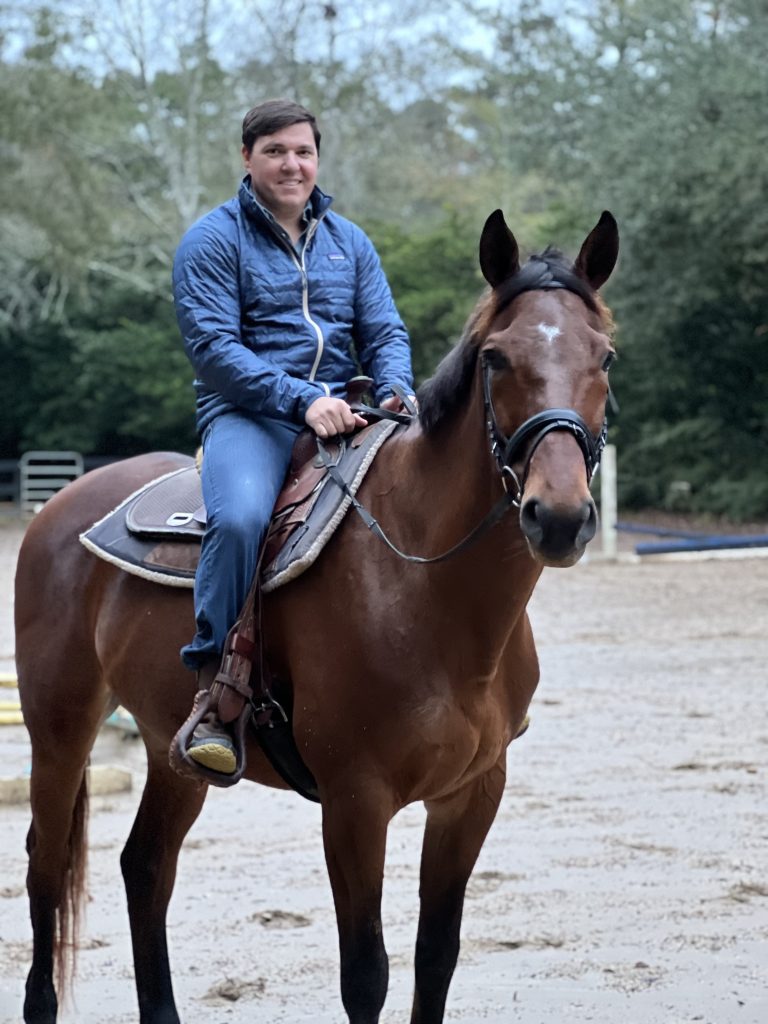 Feeding a horse a treat can seem all fun and games until the horse bites you. This is a lesson Danielle Larson, a visitor to Equest Farm in City Park in New Orleans, learned the hard way in 2013 when a horse bit her while she was feeding it a carrot.
Feeding a horse a treat can seem all fun and games until the horse bites you. This is a lesson Danielle Larson, a visitor to Equest Farm in City Park in New Orleans, learned the hard way in 2013 when a horse bit her while she was feeding it a carrot.
Larson was from Illinois but came to New Orleans often to visit her boyfriend. She had ridden horses since childhood and had been previously shown the correct way to feed a horse. Larson had been visiting Equest Farm for a few years before the horse bit her in September 2013. Larson went to see the school horses on the day of the incident. On her way there, two riders told her to be careful because, at the school, ponies had purportedly bitten a child. While Larson was feeding a horse a carrot, the horse knocked the carrot from her hand, and then the horse bit off her thumb as she reached for the dropped carrot. As a result, Larson required extensive medical care and will likely have to use a prosthetic thumb or transfer a toe to her hand.
There was some dispute about whether there was a sign posted warning people not to feed the horses. The horse at issue overall had a good reputation but had previously bitten a child who had held the horse’s ears while riding him.
Larson filed a lawsuit against Equest Farm and its insurer, claiming they were liable for her injuries. Equest Farm filed a Motion for Summary Judgment, arguing that the case should be dismissed under the Equine Immunity Statute because Larson was a “participant” injured due to the inherent risks of engaging in the equine activity. See La. R.S. 9:2795.3. The trial court agreed with Equest Farm’s argument and dismissed the case.
Larson appealed, and the court of appeal reversed, holding that as merely a visitor to the stable who fed the horses treats, Larson was not engaged in the equine activity. Therefore, she was not covered by the Equine Immunity Statute. However, even as a spectator, the statute could provide immunity if she put herself in an unauthorized area. Because there were genuine issues of material facts about whether Larson put herself in such an unauthorized area, the court reversed the grant of summary judgment and sent the case back to the lower court for further proceedings. See Larson v. XYZ Ins. Co., 192 So. 3d 181 (La. Ct. App. 2016).
In evaluating a motion for summary judgment, the judge must determine whether there is a genuine issue of material fact. Therefore, all doubts should be resolved in favor of the party who did not bring the motion for summary judgment. See La. C.C.P. art. 966. Here, the Louisiana Supreme Court found there were genuine issues of material fact about whether the Equine Immunity Statute applied. Specifically, there was uncertainty about whether there were signs that prohibited people from touching or feeding the horses. This fact would affect whether Larson had placed herself in an unauthorized area such that the statute would provide Equest Farm with immunity. Thus, the Louisiana Supreme Court remanded the case to the trial court.
Although often a beautiful and fun source of entertainment, horses can be dangerous and raise complicated questions about liability. Whether you have been injured by a horse or own a horse, you must understand the potential liability arising from horse injuries.
Additional Sources: Larson v. XYZ Ins. Co.
Additional Berniard Law Firm Article on Liability for Equine Activities: What Are Your Legal Steps After Being Bitten By a Horse in Louisiana?
 Louisiana Personal Injury Lawyer Blog
Louisiana Personal Injury Lawyer Blog

